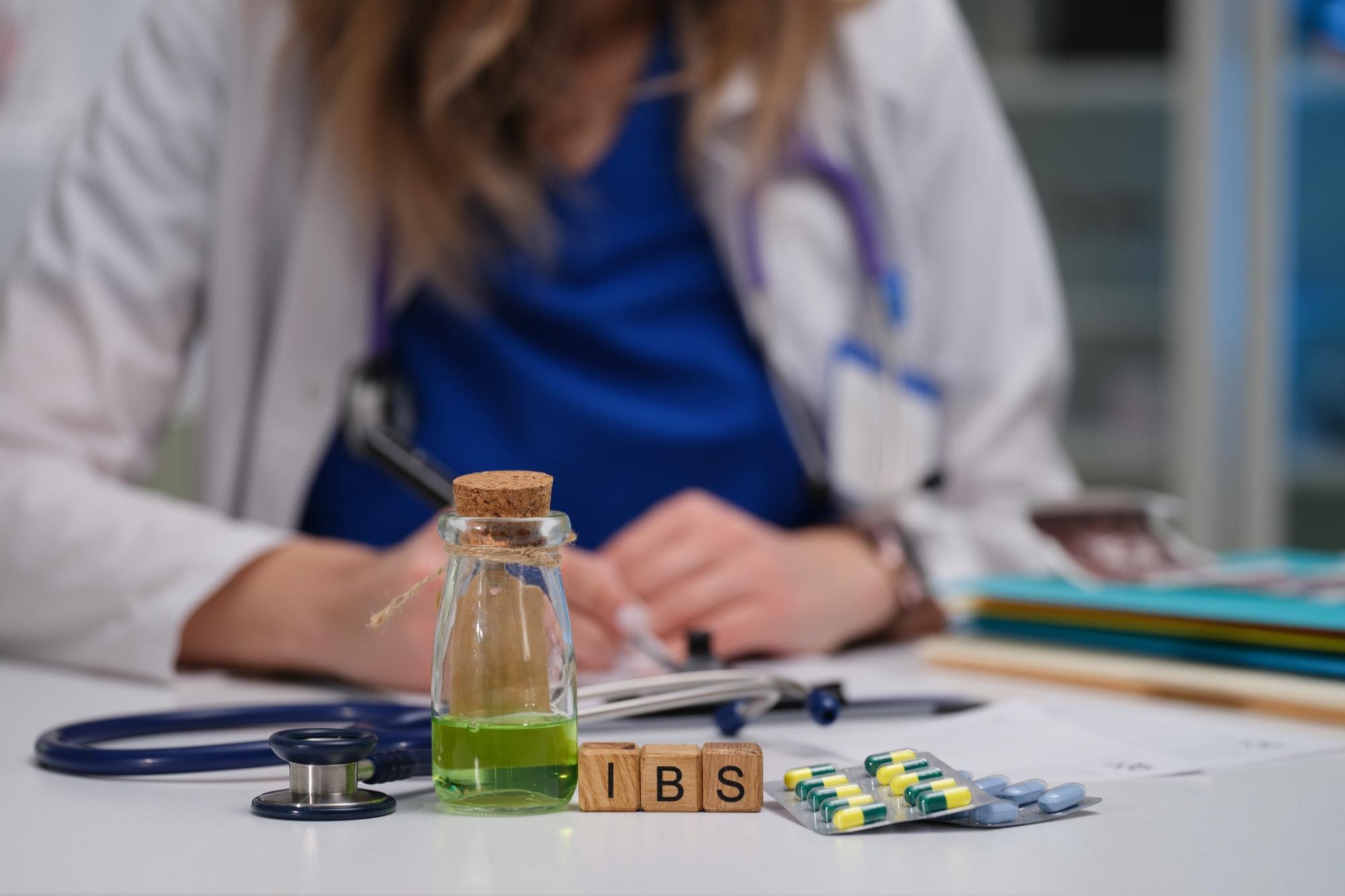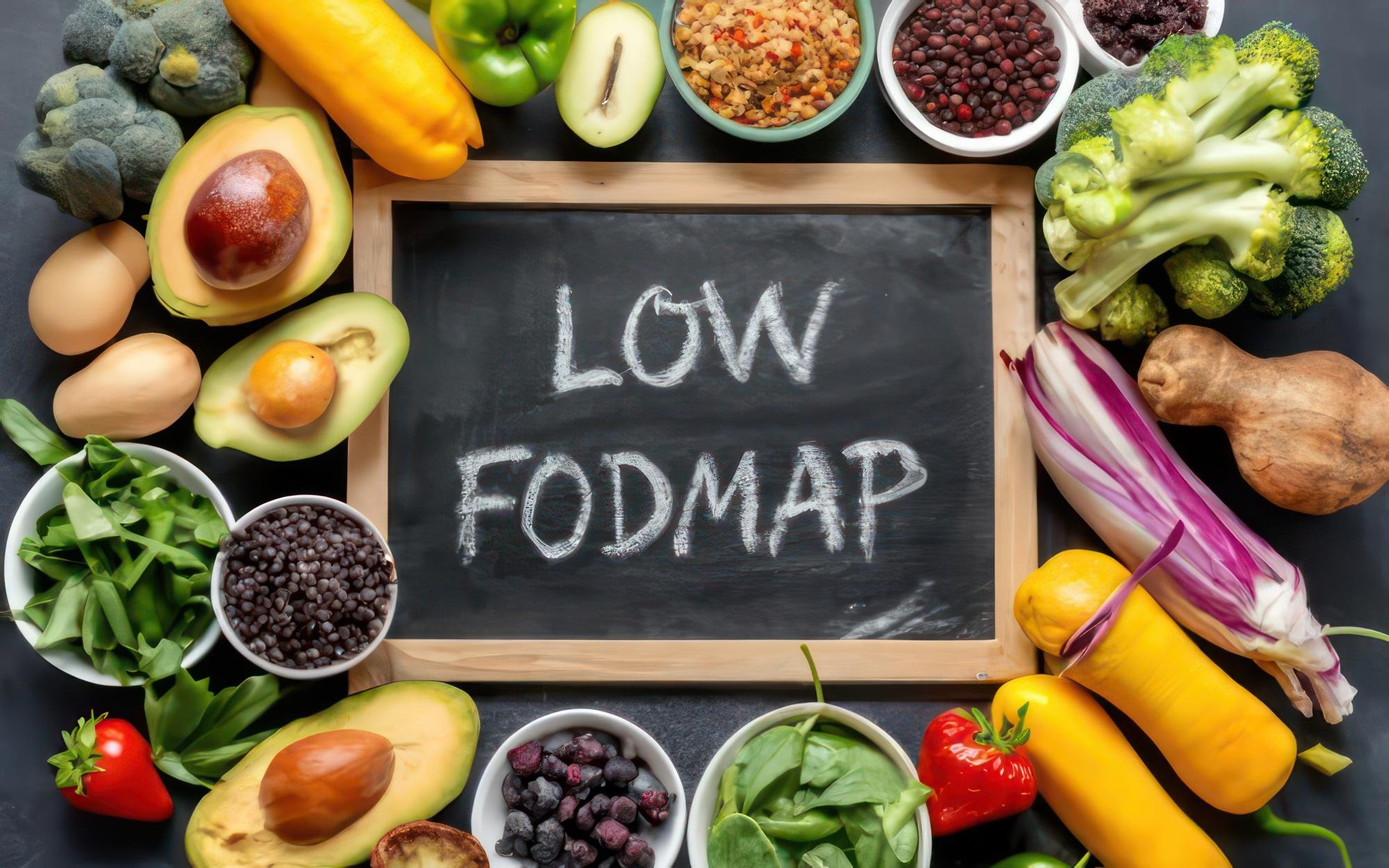Unravelling IBS: What’s Causing Your Symptoms and How to Find Relief
Despite being so common, IBS is often misunderstood — both in terms of what it is and what causes it. If you’re struggling with bloating, abdominal pain, constipation or diarrhoea, it’s not “just in your head.” And you’re not alone.
Understanding what triggers your symptoms is key to managing them effectively. In this guide, we’ll walk through the most common causes of IBS — from food intolerances and stress, to gut imbalances and hormonal shifts — and explore how functional testing can offer powerful, personalised insight.
Let’s take the guesswork out of IBS and empower you with tools that support your gut health and overall wellbeing.
What Is IBS?
Irritable Bowel Syndrome is a chronic gastrointestinal disorder affecting the large intestine. It’s defined by a collection of symptoms that can include:
Abdominal pain or cramping
Bloating and excess gas
Diarrhoea and/or constipation
A feeling of incomplete bowel movements
Symptoms vary widely between individuals, and it’s not uncommon to experience alternating patterns.
The Different Types of IBS
IBS is generally classified into three main subtypes:
IBS-D (Diarrhoea-predominant): Frequent loose stools, often urgent.
IBS-C (Constipation-predominant): Infrequent or difficult bowel movements with hard stools.
IBS-M (Mixed): Alternating between diarrhoea and constipation.
Recognising your type can help tailor your management strategies more effectively.
What Causes IBS?
While there’s no single cause, several key factors are known to contribute to IBS symptoms. Often, it's a combination of things rather than just one.
1. Diet and Food Intolerances
Certain foods can be major IBS triggers. Common culprits include:
Dairy (especially if lactose intolerant)
Gluten or wheat-based products
Processed foods with artificial additives
Tip: Keep a food and symptom diary to help identify personal triggers and patterns.
2. Gut Health and the Microbiome
Your gut is home to trillions of bacteria. When this delicate ecosystem is out of balance, it can lead to:
Inflammation
Gut lining dysfunction
Digestive discomfort
Support your gut by:
Eating fibre-rich foods (veggies, legumes, whole grains)
Including fermented foods and probiotics
Avoiding overuse of antibiotics or ultra-processed foods
3. Stress and Mental Health
Ever had a “gut feeling” or butterflies before a big event? That’s your gut-brain axis in action.
High stress, anxiety, or low mood can alter gut motility and sensitivity, making symptoms worse.
Tools that can help:
Mindfulness and meditation
CBT (Cognitive Behavioural Therapy)
Gentle movement like walking or yoga
4. Hormonal Fluctuations
Many women report that IBS symptoms worsen around their menstrual cycle. That’s because hormonal shifts — particularly estrogen and progesterone — can impact gut motility and pain perception.
Tracking your cycle alongside your symptoms may reveal patterns you can work with, not against.
5. Other Medical Conditions
IBS can be tricky to diagnose because it overlaps with other gut-related conditions such as:
Coeliac disease
Inflammatory Bowel Disease (IBD)
GERD/GORD (Gastroesophageal reflux disease)
That’s why it’s essential to work with a healthcare professional to rule out other causes and get a proper diagnosis.
What If You Could Get More Clarity?
IBS can sometimes feel like a guessing game. You’ve tried cutting out gluten, dairy, or FODMAPs… you’ve worked on stress, maybe even experimented with supplements — but symptoms still linger.
Here’s the truth:
Without deeper insights into what’s actually going on inside your gut, you’re still working with surface-level information.
That’s where functional testing comes in.
The Power of Functional Testing
Functional testing brings a level of granularity and clarity that general symptom tracking can’t always provide. It allows us to explore what’s happening beneath the surface — things like:
Gut lining integrity (think: leaky gut)
Microbial diversity and dysbiosis
Digestive enzyme levels
Markers of inflammation, infection, or imbalance
Parasitic or fungal overgrowths
This information helps connect the dots and explain why your symptoms are happening — so we can stop guessing and start being strategic.
My Functional Testing Insights Service
If you’re ready to go deeper, my Functional Testing Insights service is designed to offer exactly that. Together, we’ll:
Select the most relevant test for your symptoms
Interpret your results through a functional lens
Translate the findings into clear, actionable steps
Support you with targeted diet, lifestyle, and supplement recommendations
It’s about more than testing — it’s about personalised insight and focused support.
If you're tired of trial and error and want a more tailored roadmap to healing, this might be your next step. Get in touch here to learn more or book a free discovery call.
Staying Proactive: Your IBS Toolkit
IBS is a complex condition, but the good news is that it can be managed with the right tools and support.
Whether you’re just starting to explore your symptoms or you’ve been on this journey for a while, there’s always something new to learn — and actions you can take.
Track your food and stress levels
Focus on gut-supportive nutrition
Explore mind-body tools for stress
Look beneath the surface with testing
Stay curious and empowered
So, What’s Next?
IBS doesn’t have to define you. With the right insights and strategies, you can build a lifestyle that supports your gut — and your overall wellbeing.
Managing IBS is a journey — and every step you take toward understanding your body gets you closer to lasting relief. Let’s take that next step together.
Book yourself in for a no-cost, no-obligations 20-minute mini consultation to hear how nutritional therapy can work for you.


